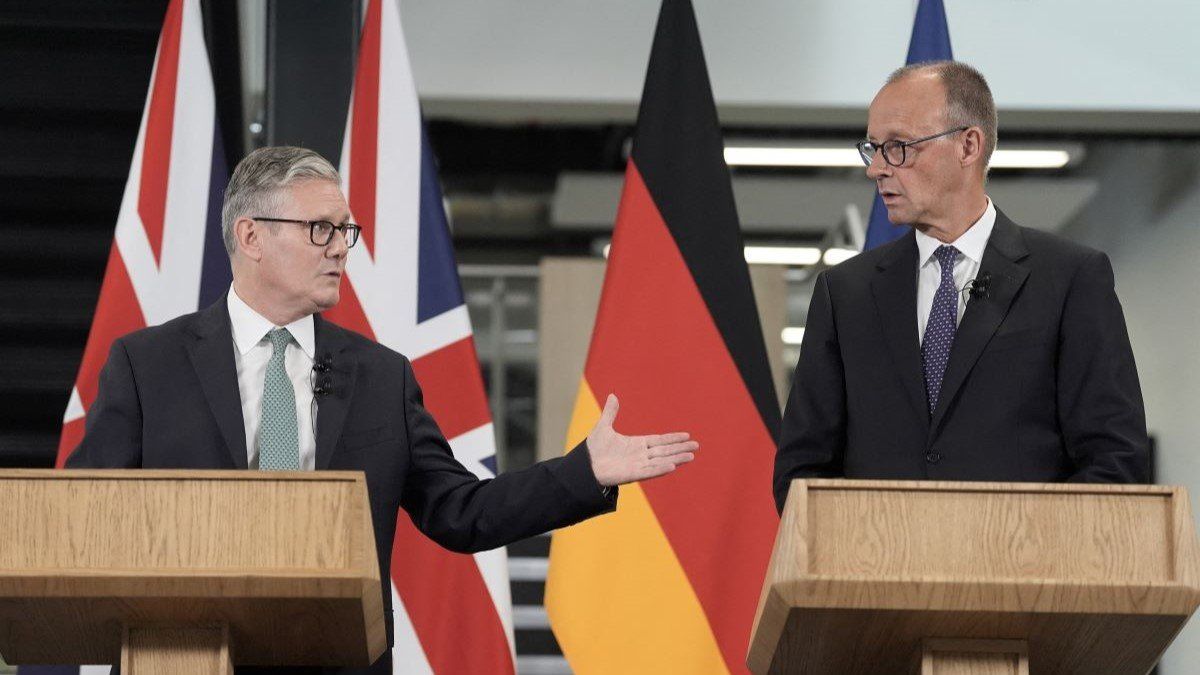UK and Germany sign major bilateral pact
The UK and Germany have signed a wide-ranging pact that covers defense, trade and cultural exchange. The deal is historic – it’s the first ever major bilateral mutual defense agreement between the two countries – and it comes amid wider concerns about the US commitment to defense of its European allies. This is in fact the second big European defense pact that Downing Street has signed recently – it inked a nuclear defense deal with France just last week. The moves suggest that, while last month’s NATO summit ended with smiles, flattery of Trump, and big new spending pledges, Europe’s trust deficit with the US remains significant.
Senate claws back federal funding for foreign aid and public broadcasting
The US Senate on Thursday approved President Donald Trump’s request to cancel $9 billion in previously-earmarked federal funding for foreign aid and public broadcasting. The House will likely follow suit before week’s end. $8 billion of the funds will be cut from USAID-related foreign assistance programs, while $1.1 billion will be pulled from the Corporation for Public Broadcasting – a major funder of PBS and NPR. The broadcast decision, based on accusations of liberal bias, could cripple local news in rural areas and smaller communities, where stations typically rely more heavily on federal funding.
Togo to go to the polls
The small West African nation of Togo holds municipal elections today under unusually tight security, owing to protests touched off by the recent arrest of an anti-government rapper. While nominally a democracy, Togo functions as a military dictatorship, run for decades by one family. Youth-led demonstrations calling for the ouster of Faure Gnassingbe, who has ruled since 2005, gained fresh momentum recently in opposition to constitutional changes that could enable him to rule for life. Any instability in Togo could reverberate more widely in West Africa and the Sahel.
